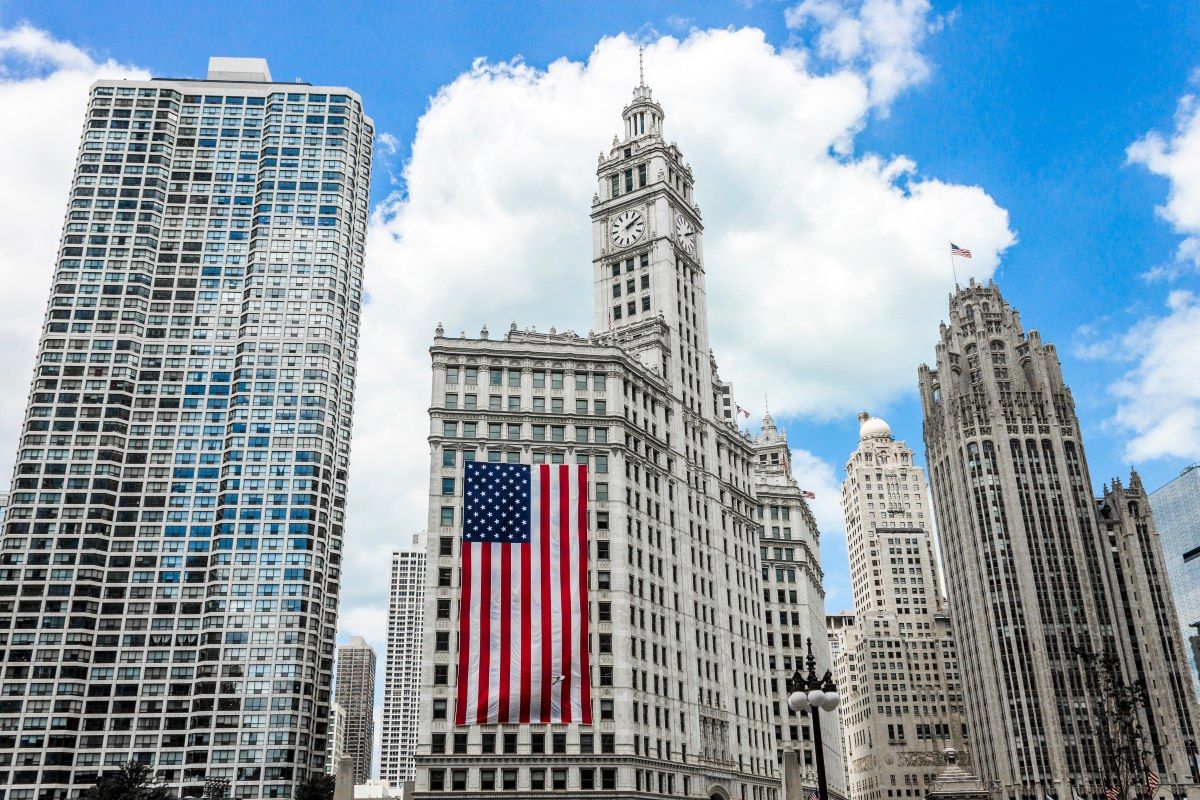Milestones in the Medical Cannabis Program
The National Sanitary Surveillance Agency regulated “compassionate use” imports in 2015.
Key Laws and Regulations
- RDC No. 17/2015
- Portaria 344/1998
Market Data
- Since 2014, almost 10,000 authorizations were granted to individual patients, allowing them to import medical cannabis on a case-by-case basis, each for a period of up to one year. Renewals are possible.
- During the first quarter of 2019, Brazil’s National Sanitary Surveillance Agency (ANVISA) granted 884 new authorizations and 170 renewals—more than one-third of all the authorizations that were handed out in 2018.
Products Available in the Market
- Sativex, sold in Brazil under the name Mevatyl, is the only registered product available in the market.
- Patients also can apply for authorizations on a case-by-case basis to import individual products from other countries. Bulk imports for distribution are prohibited.
North American Companies in the Market
- Several U.S. companies—including Isodiol, Charlotte’s Web and Elixinol—export CBD oils to patients on a case-by-case basis. Exports from Canada are rare, but a couple of Canadian companies are active in one way or another, such as performing cannabis research.
Big Picture
- Imports of medical cannabis started in 2014, when a handful of families obtained special authorizations from ANVISA to import CBD oils to treat children suffering from refractory epilepsy.
- Cannabis products are imported as nonregistered medicines, and patients must obtain authorization from ANVISA to import them.
- To get authorization to use medical cannabis, patients must get a prescription from their physician and a written report justifying the need.
- Authorization is good for one year but can be renewed.
- Importing in bulk for commercial purposes is prohibited. There are no commercial domestic grows.
- A significant change could take place in the following months. ANVISA proposed two resolutions that, once adopted, would:
- Regulate—for the first time—the domestic cultivation of cannabis exclusively for medical and scientific purposes, in compliance with the 1961 Single Convention on Narcotic Drugs.
- Review the registration procedures for medicines manufactured with marijuana, its derivatives or synthetic analogues, possibly allowing the commercialization of products that have completed only the second phase of clinical trials.





